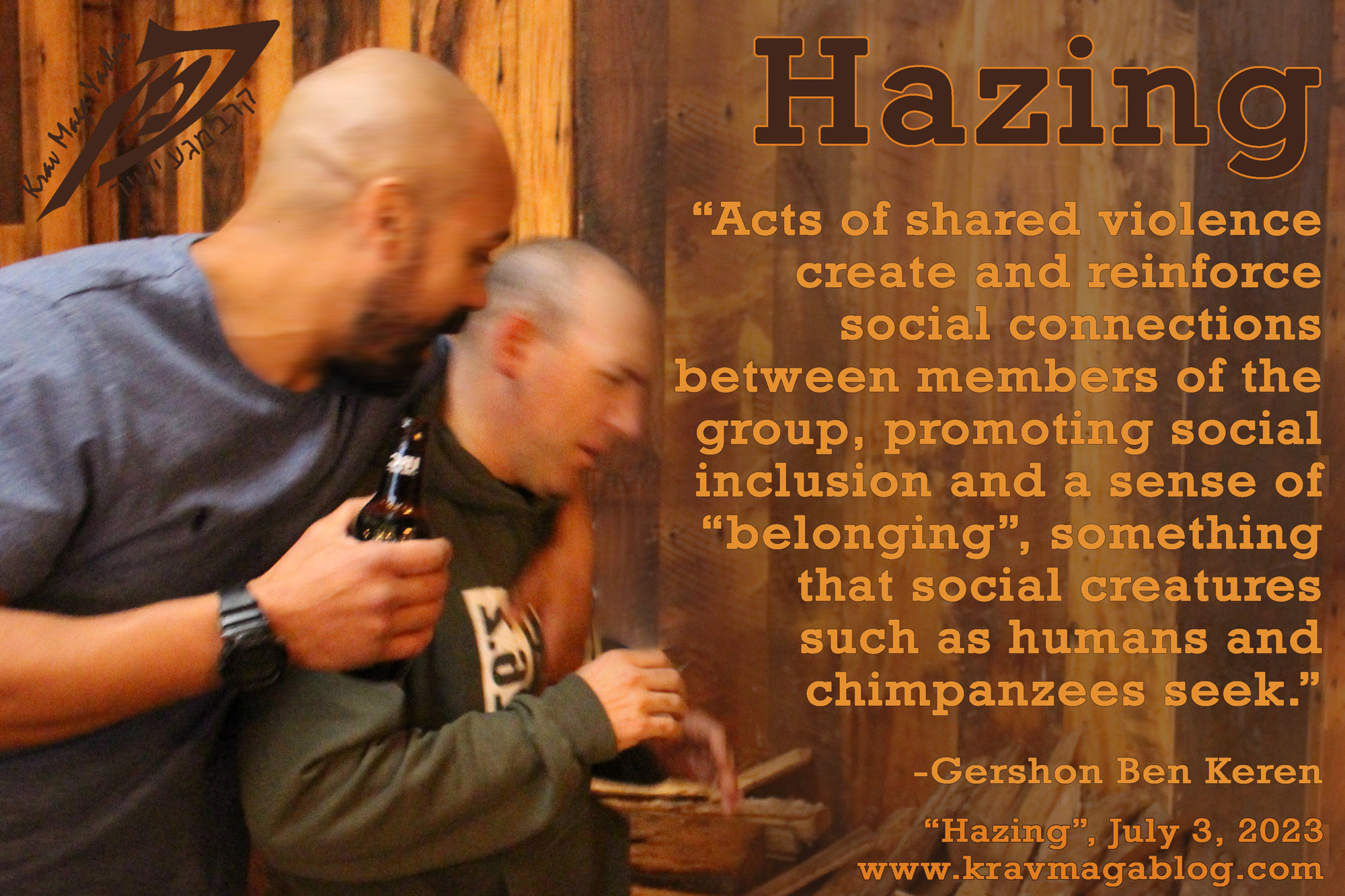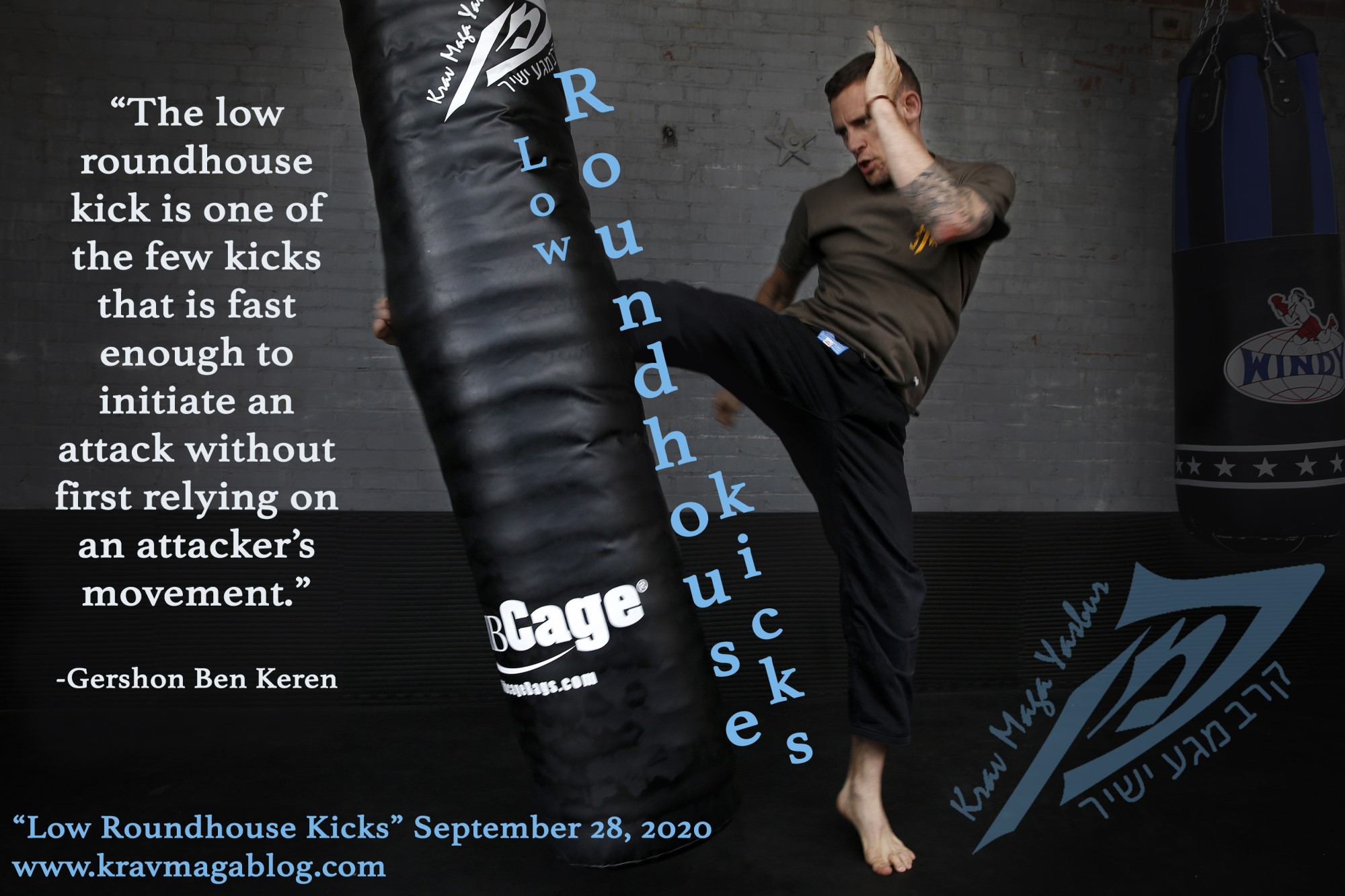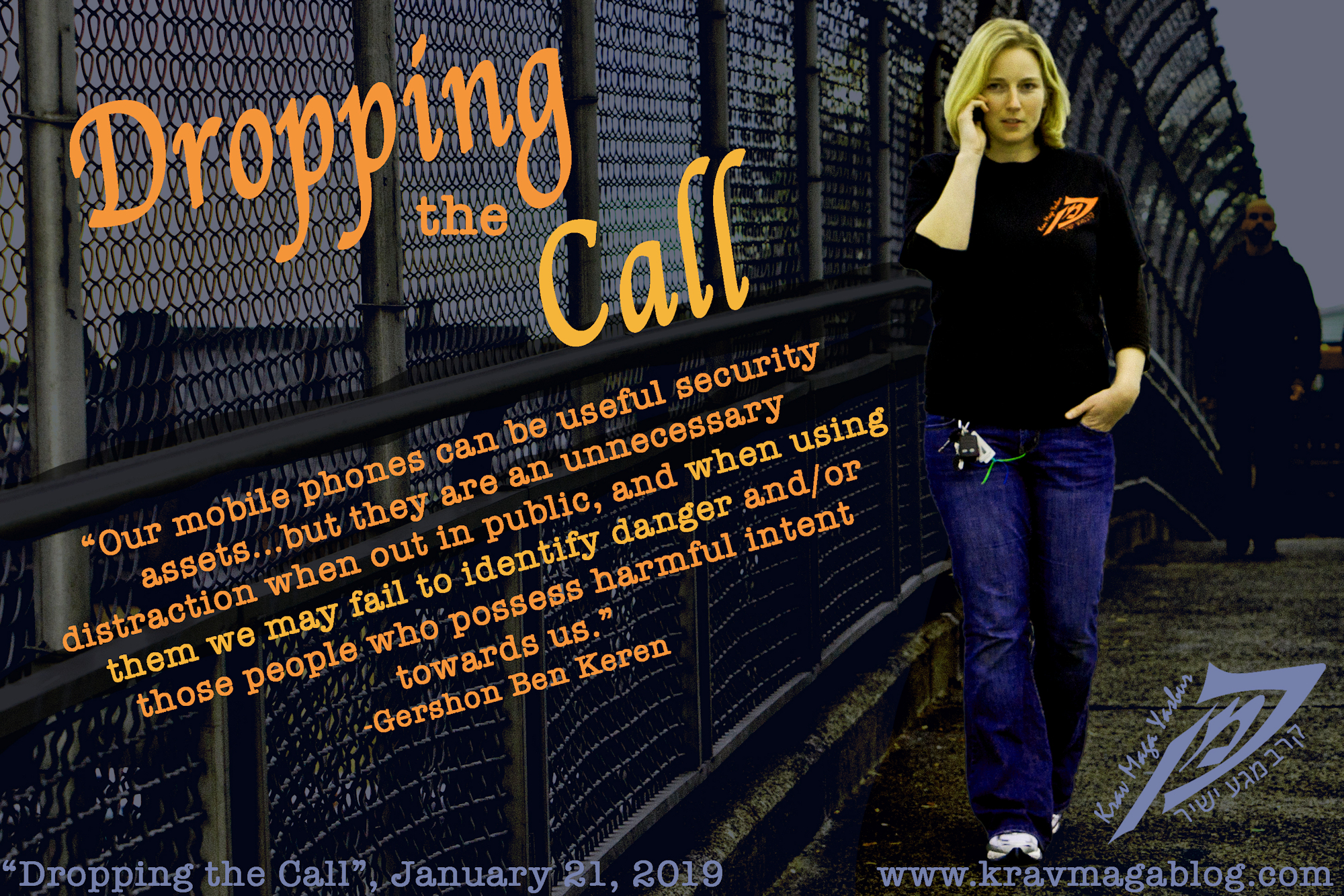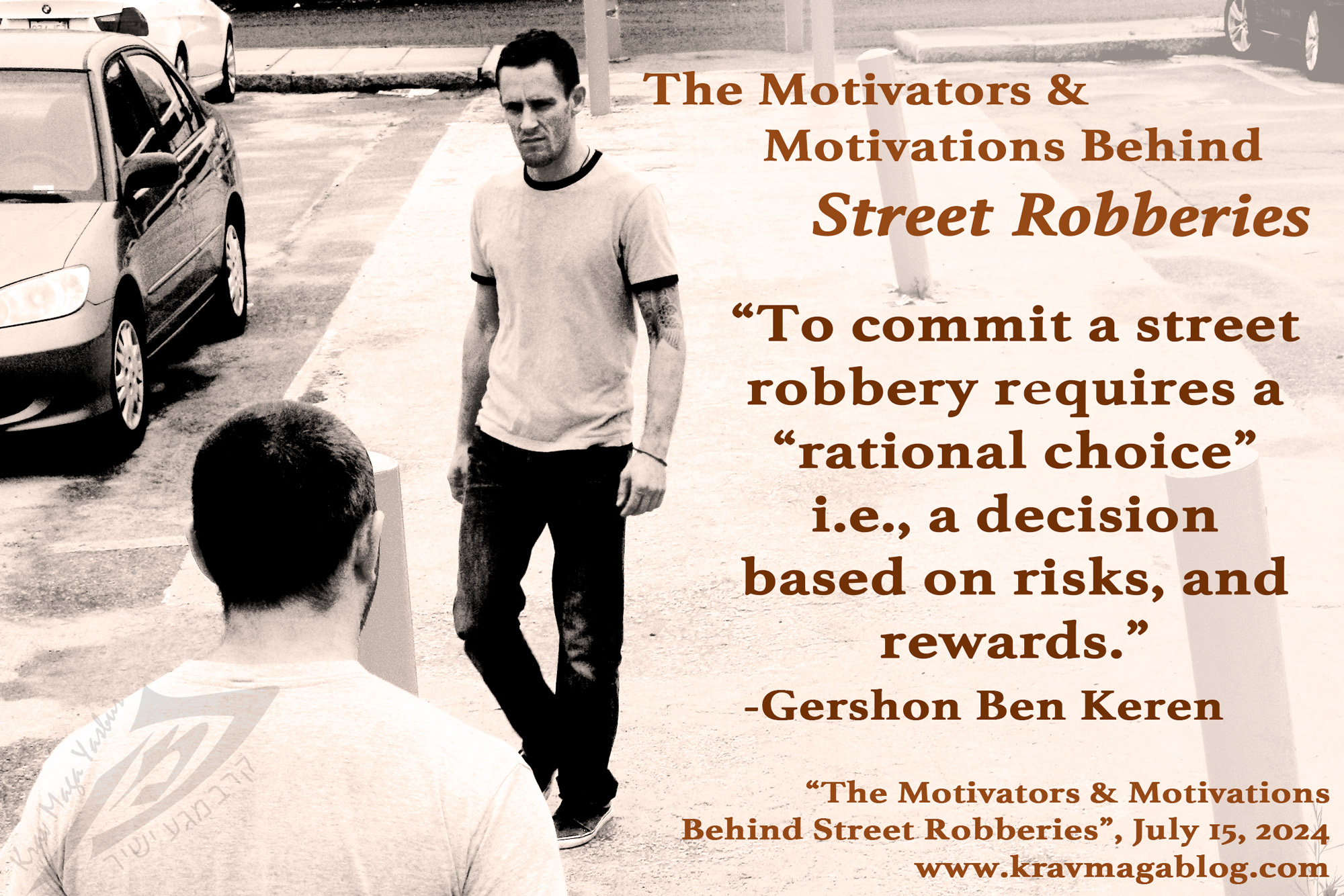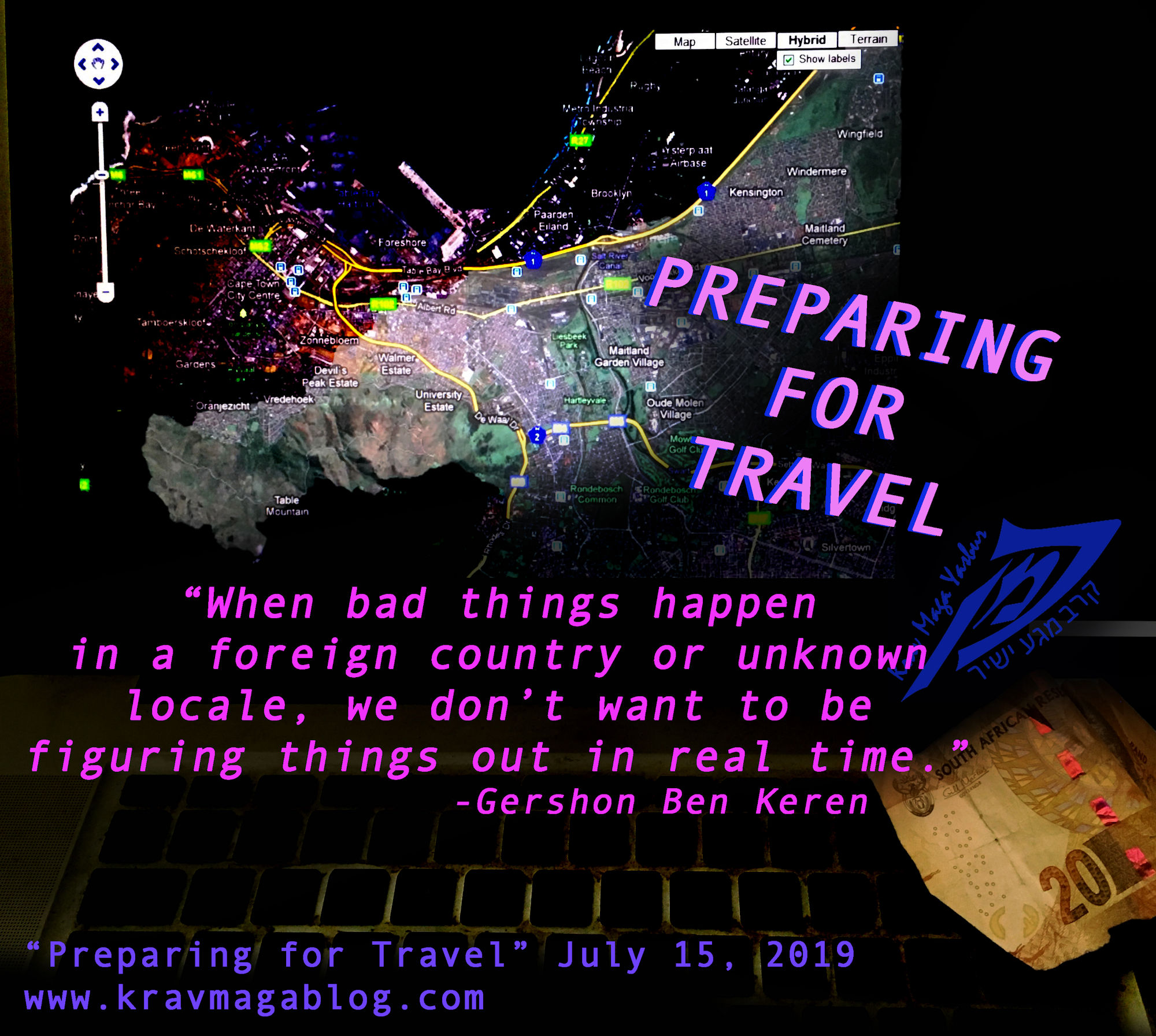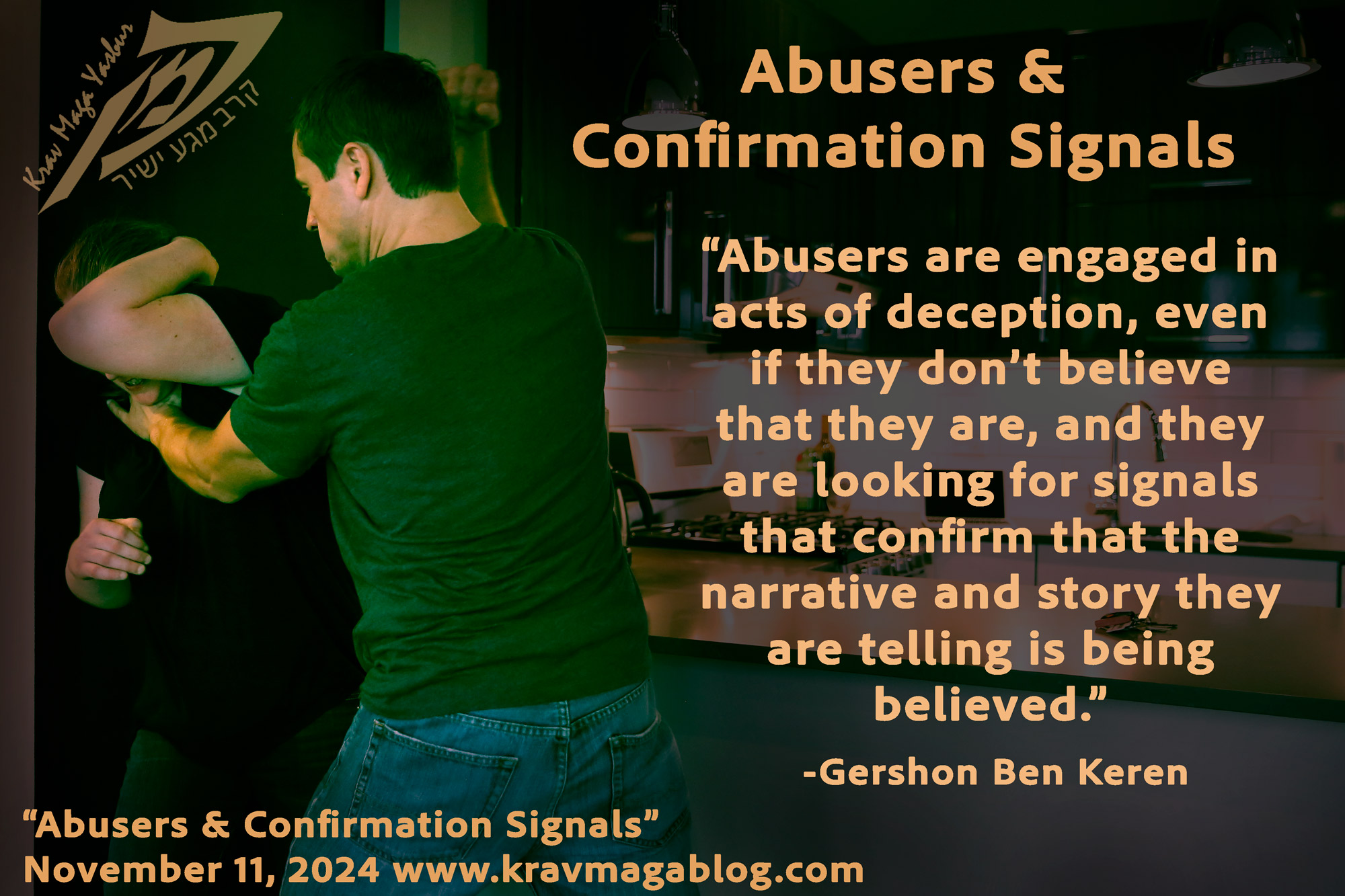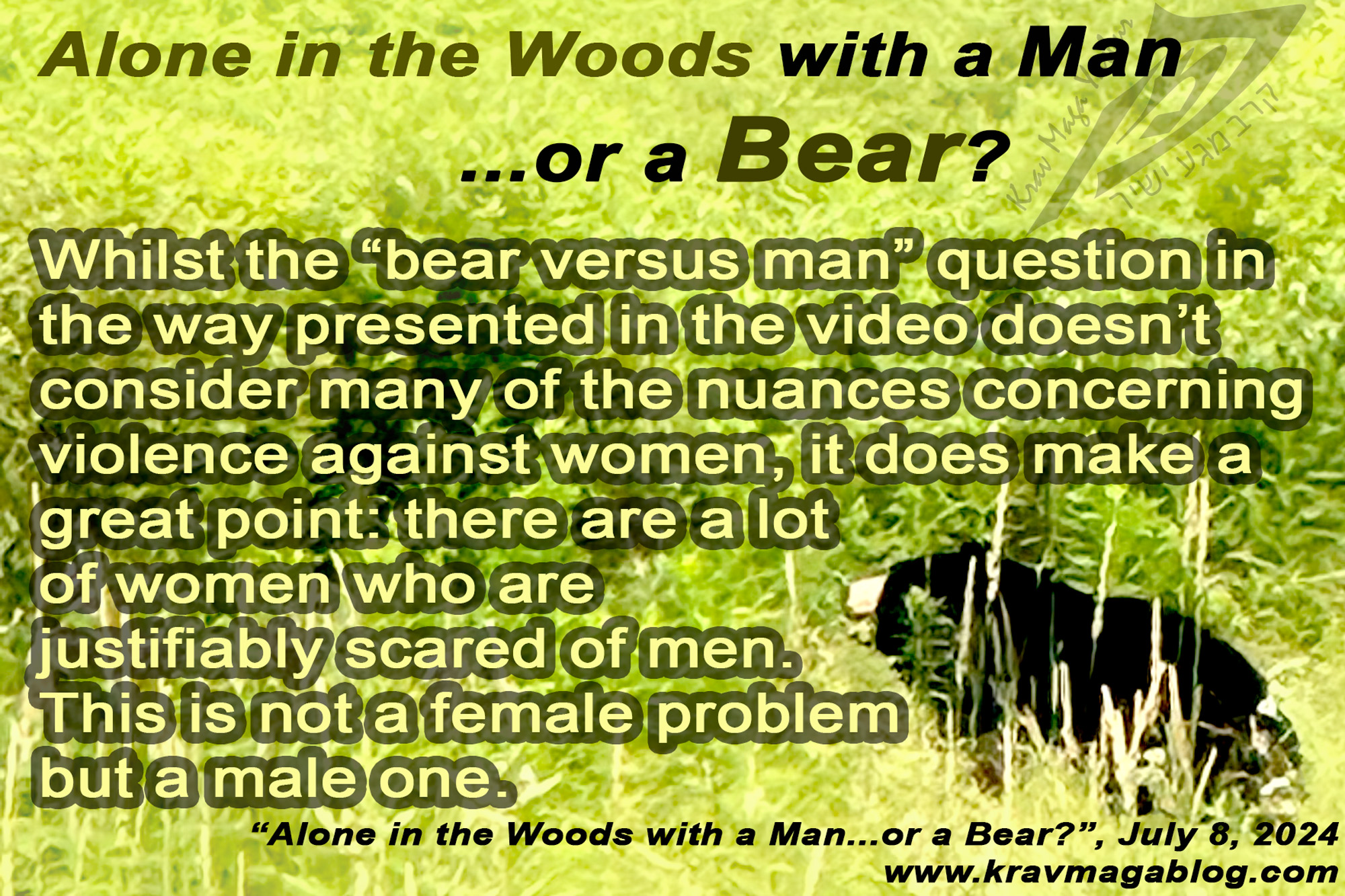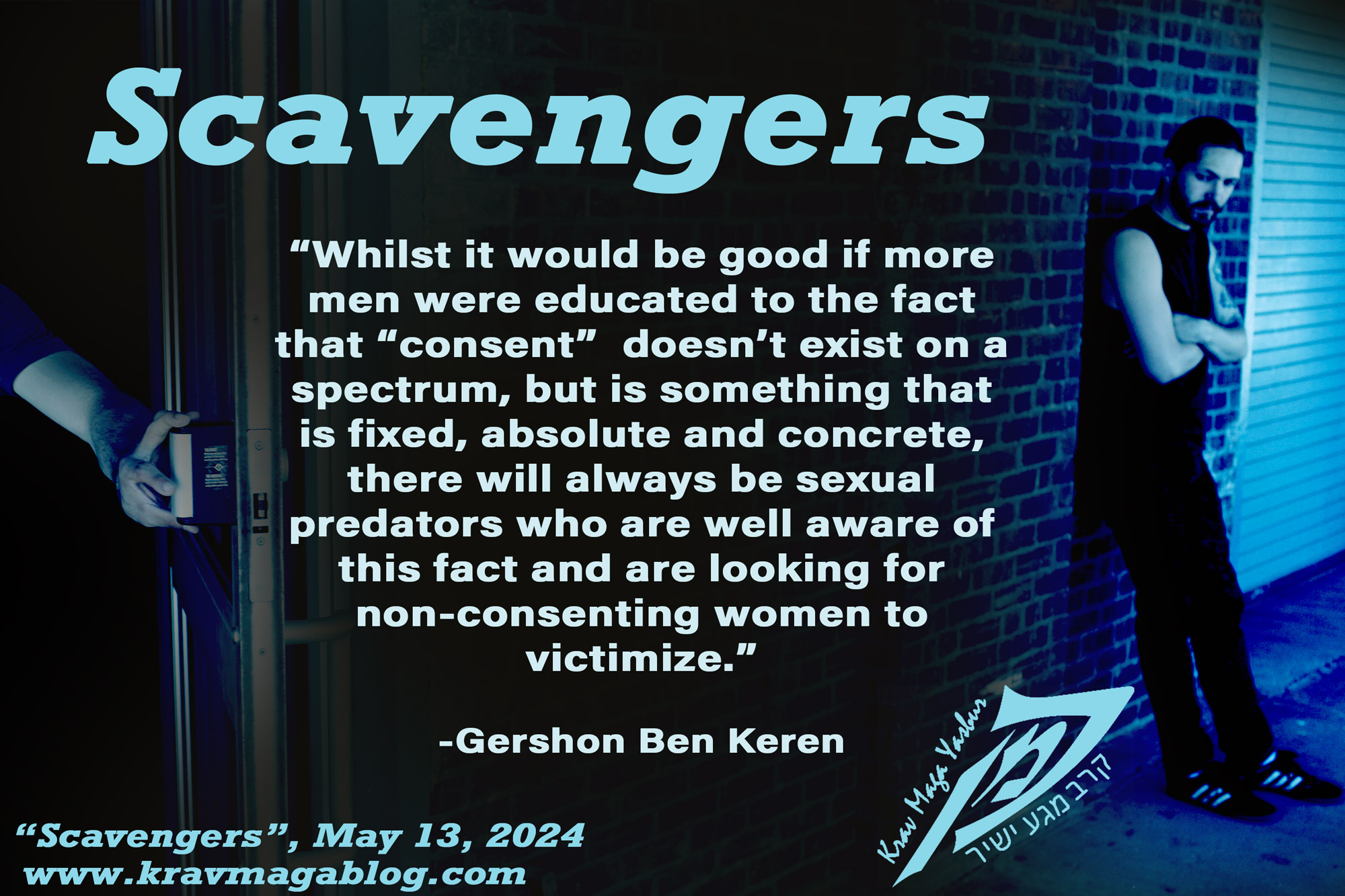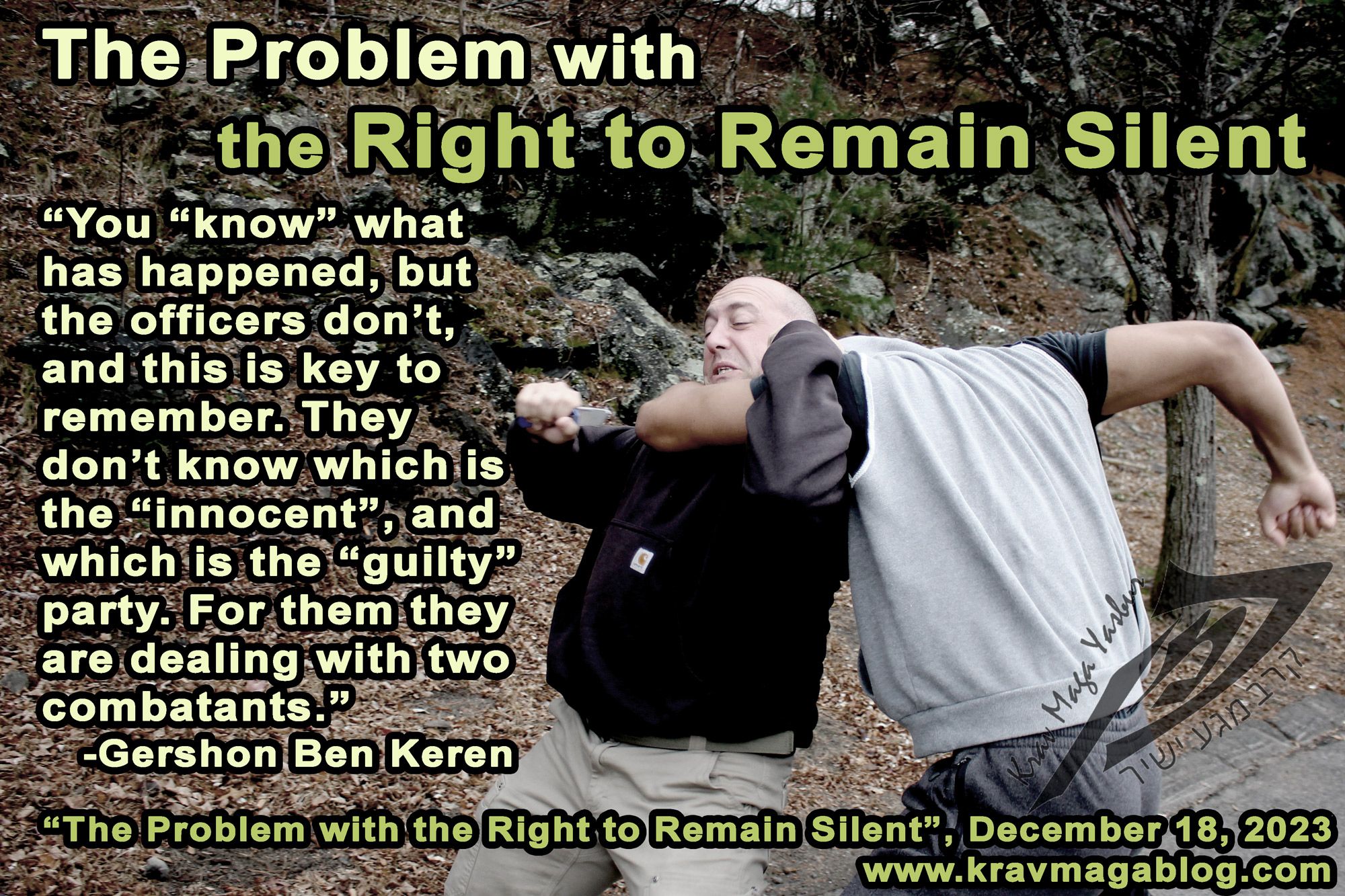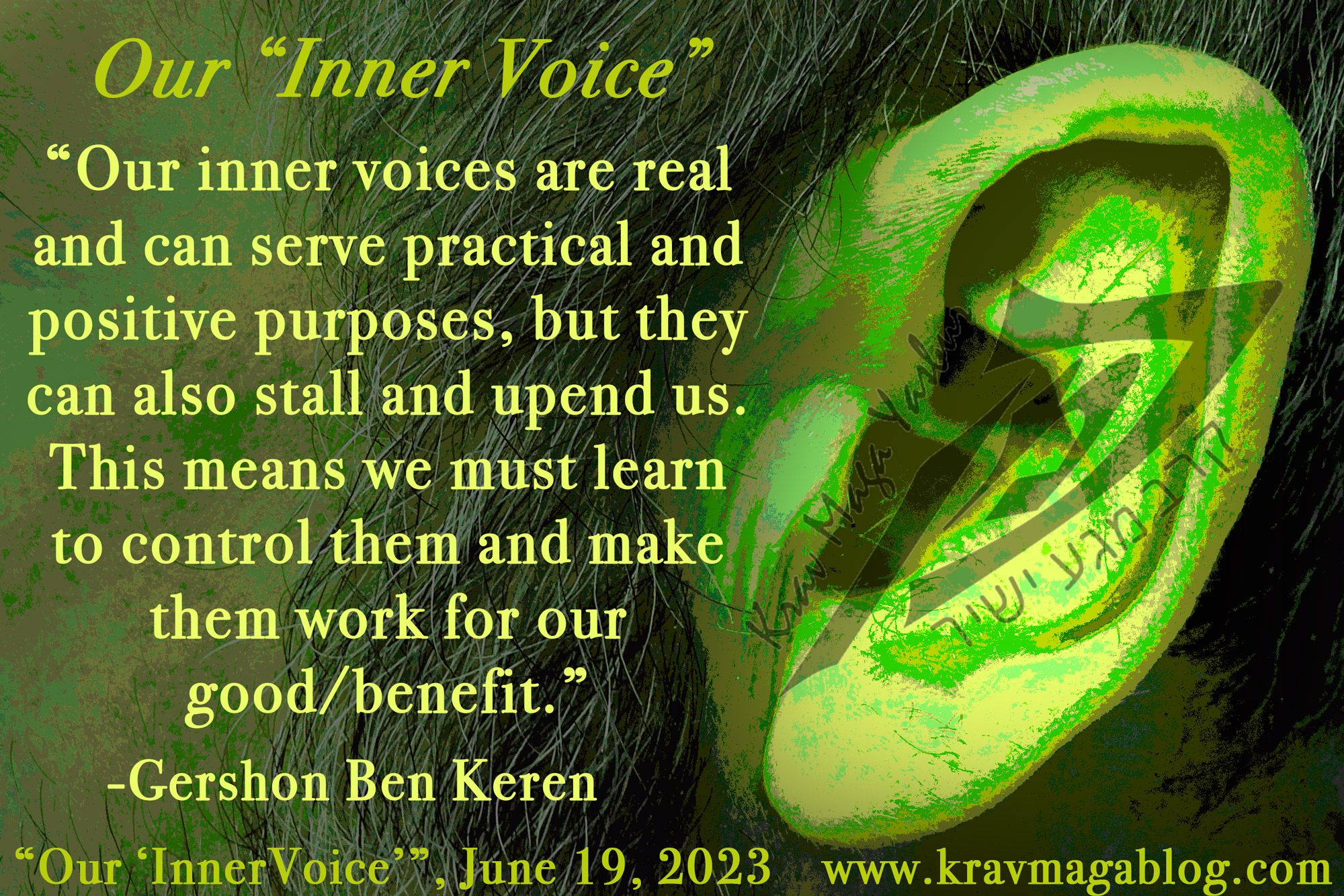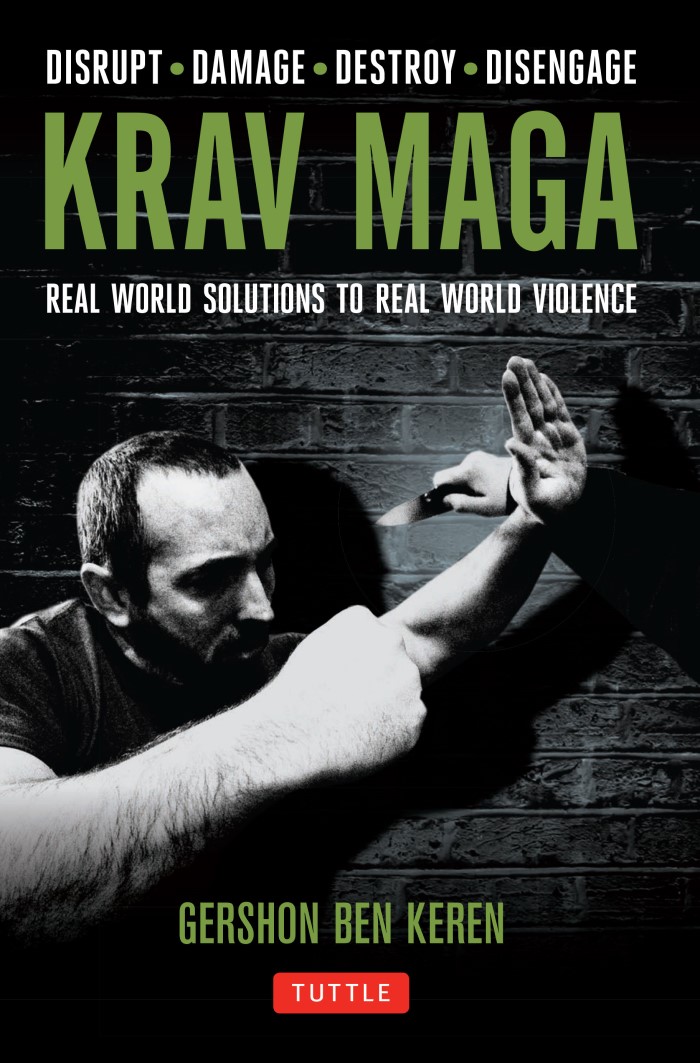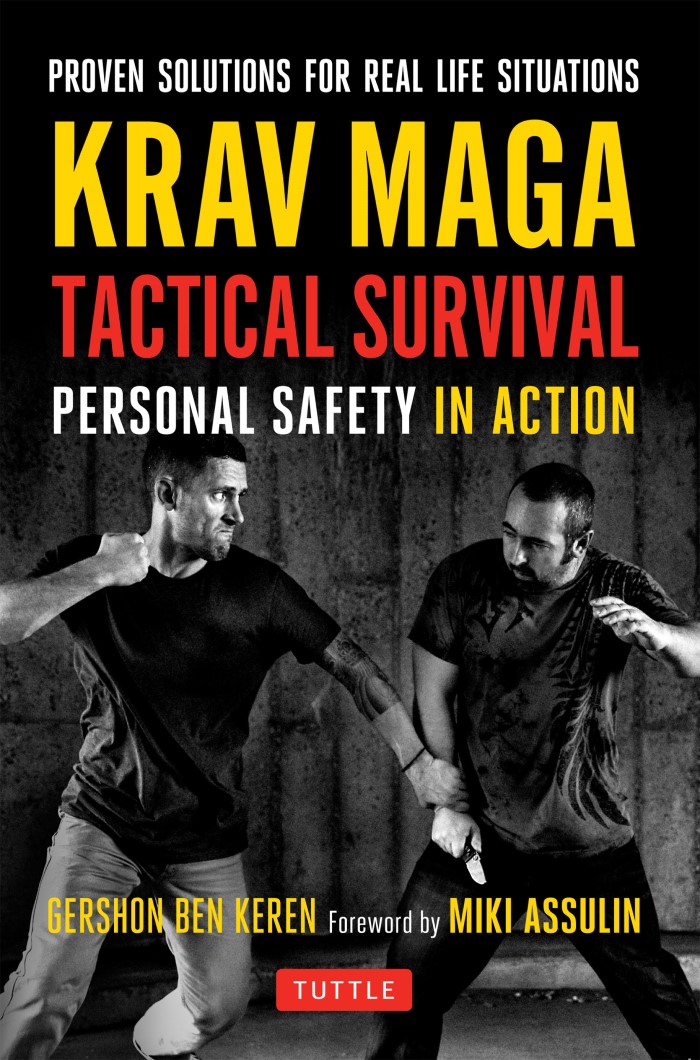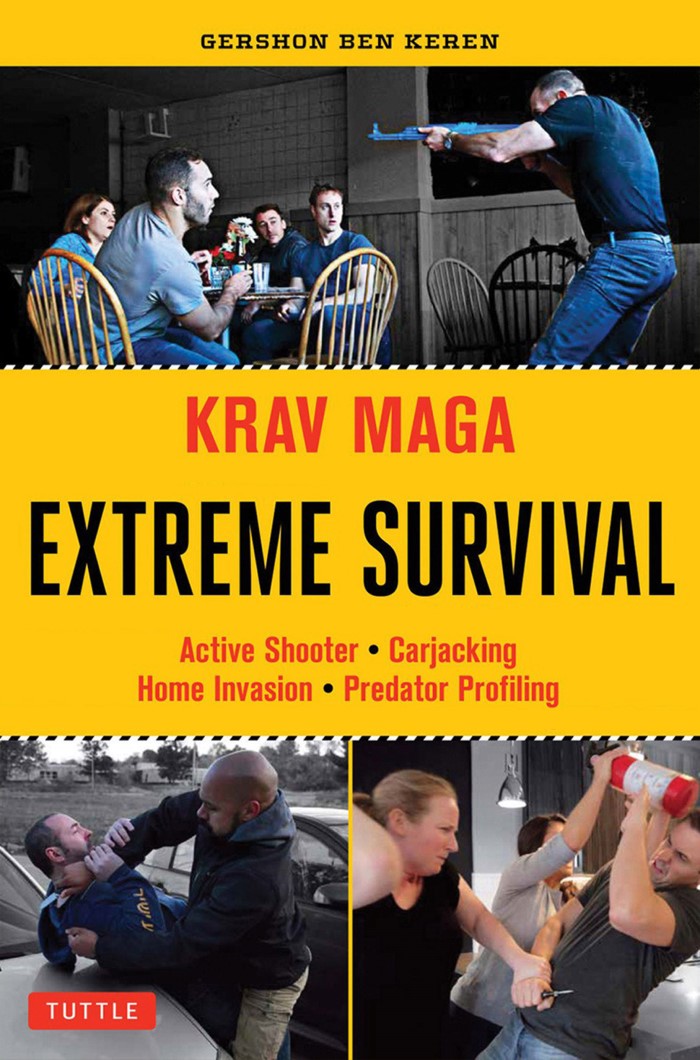Abusers & Confirmation Signals, is an article written by Gershon Ben Keren, a 5th Degree Black Belt in Krav Maga, who teaches Krav Maga in Boston, MA. He has also authored three Amazon best-Selling Books on Krav Maga.
Abusers who engage in Intimate Partner Violence don’t demonstrate or show who they are in the initial stages of the relationship. If they did, their partner would most likely end the relationship and leave them. The idea that “victims” of relationship abuse are somehow weak persons who quickly and easily give in to/accept violence is a naive view/perspective. In fact, the way that partners manage their abuse, once it starts, shows an intelligence and perception, that most of us are fortunate to not need to develop e.g., the acute recognition of changes in behavior, or the identification of subtle mood changes that indicate a partner is about to become physically aggressive/violent etc. Fortunately, most of us – who are in healthy relationships – don’t need to develop such skills and abilities. One of the ironies of relationship abuse is that the warning signs are often missed whilst the ability to recognize the signs and predicators of abuse are quickly learnt once the relationship becomes abusive i.e., it is not that those targeted for abuse lack emotional intelligence, as they usually become emotionally aware very quickly, but rather they engage in the same self-deceptive practices we all do regarding relationships, though unfortunately for them there are serious consequences regarding their personal safety. If we believe that we are better at identifying and instinctively dealing with/handling potentially abusive partners, whether they are psychologically, emotionally and/or physically abusive towards us, than others then we are being extremely naive. Very few of us haven’t tried to commit to intimate relationships, in some shape or form, with partners who we rationally knew we were not compatible with us, and that we knew in our heart of hearts were not people we would be with long-term. However, we all like the idea of a long shot, and our optimism bias kicks in etc., and we convince ourselves we can make what we know is a “doomed” relationship work. In this article I want to look at how abusers view relationships, how they see things “working” and the signs that offer them encouragement and tell them that things are going according to the way they believe relationships work/develop, even if they haven’t an explicit plan they are working to.
Abusers – if even if they don’t identify as such (and most don’t) – are looking for confirmation signals. Abusers are engaged in acts of deception, even if they don’t believe that they are, and they are looking for signals that confirm that the narrative and story they are telling is being believed. One of the reasons why it became apparent that Prince Andrew was lying in his infamous interview with Emily Matthais, regarding his relationship with Jeffrey Epstein etc., was the degree to which he relied on “confirmation glancing” i.e., before he continued with his “story” he would check/glance to see if it was being believed – if it wasn’t there would be no point continuing with the lie, and it would be better to spend your time eradicating and eliminating any present doubts a person may have, rather than continue on with the “lie”. Abusive partners are no different in the way that they manage their relationships i.e., they want confirmations that their partner is buying into and actively accepting the narrative they are presenting. If they feel compelled or have to disclose past relationship abuses (because of a parole condition), they will want to see signs that their version of events have been accepted i.e., they will not want to stay with someone who seems to continually doubt them and the narrative that they have presented etc. Someone who doesn’t immediately accept them and continues to question them represents a challenge/threat and doesn’t appear to them as someone they can easily control.
They will identify and recognize the significance of certain relationship events “better” than the person they are involved with. If after a serious incident/dispute, they can make a case that the relationship should move on with a greater commitment, rather than it taking a break to see how things go/slowing things down, this should be taken as a warning sign, rather than an encouragement that things are not only back on track but should speedily move forward etc. If things are “real” they can move forward in their own time i.e., they don’t need to be accelerated because of an averted crisis etc. Whilst such storylines may make sense in Hollywood movies where the director needs to make everything happen in 90 or 120 minutes, real life isn’t governed and dictated by producers. Abusers are looking for significant events such as being given a key to your apartment, or being asked to move in etc., and if such things happen because/or after a conflict question marks should be raised. I am not saying that all significant, exaggerated and overly romantic gestures etc., aren’t genuine, however most grown ups are driven by more rational motives and desires, and while this may seem more boring, it is a much more reliable indicator of genuine intent than the “romantic” and emotional gesture that pulls at our heart strings etc. Whilst I have been swept of my feet as a teenager and a young man in my early twenties, I have adopted a much more sensible/boring view of relationships as I’ve gotten older.
Whilst it may seem romantic to have an overly committed partner talk and plan around “significant” moments in a relationship, the truth is that the “event” may be more significant than the relationship itself. If someone genuinely wants to be with you forever, the importance of “significant” moments becomes less relevant/significant. However, if someone is placing undue relevance on such things, then it is likely that the relationship is much more important than the person/individual.
0 COMMENTS